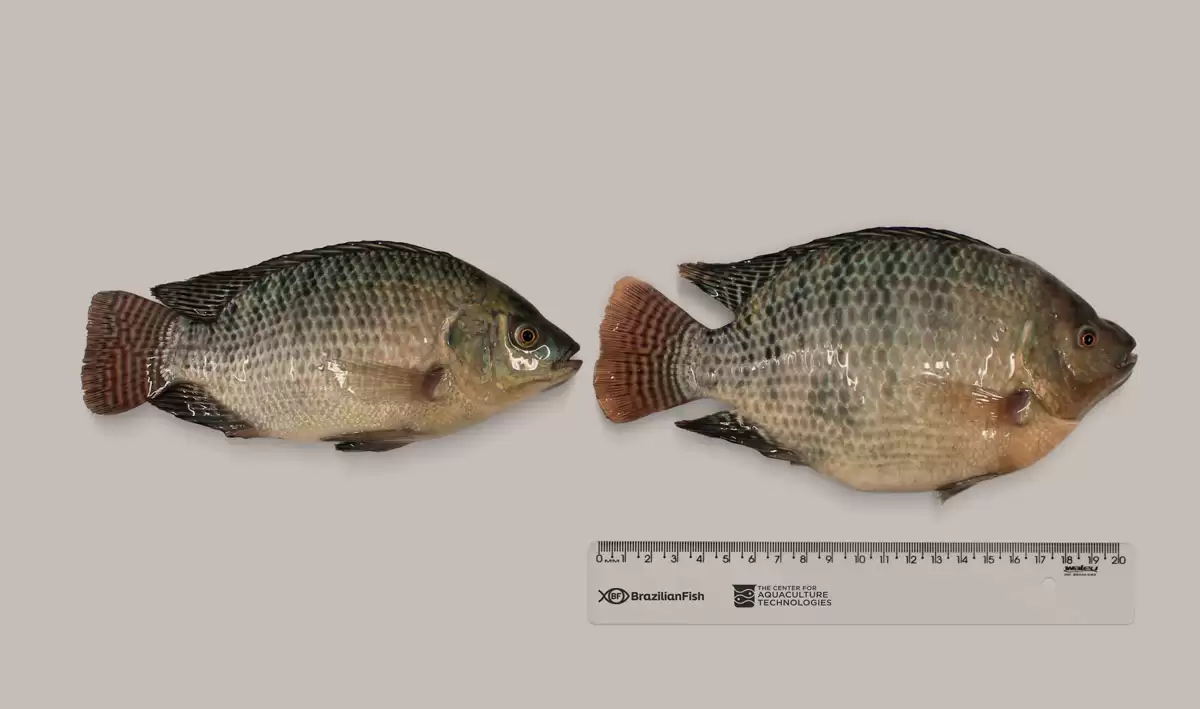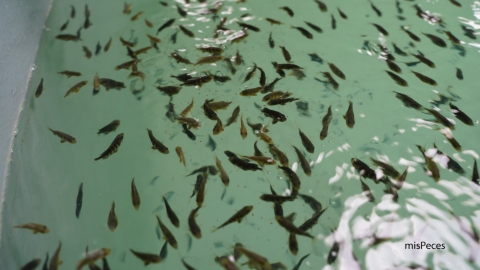
In a significant breakthrough for Brazilian aquaculture, Brazilian Fish has announced the successful development of the country’s first genetically edited tilapia, designed to improve productivity and optimise fillet yield. This milestone has been achieved through a strategic partnership with the US-based Centre for Aquaculture Technology (CAT), accelerating the genetic improvement of Nile tilapia using cutting-edge-editing technology.
As a leading producer of tilapia in net pens, Brazilian Fish has harnessed advanced genetic editing tools to introduce variations that could naturally occur in fish. Thanks to these advancements, the company has compressed what would typically take two decades of conventional selective breeding into just one year, revolutionizing the genetic enhancement process.
Regulation and safety in biotechnology applied to aquaculture
Brazilian Fish’s genetic editing project has been developed in strict compliance with the regulations established by the National Technical Biosafety Commission (CTNBio). The company holds a Biosafety Quality Certificate and undergoes regular evaluations by its Internal Biosafety Committee, ensuring all processes adhere to the highest safety standards and regulatory frameworks.
The gene-editing process focuses on inhibiting myostatin, a protein that restricts muscle growth in fish. By modifying this gene, researchers aim to enhance production efficiency, improving feed conversion rates and reducing production costs. This breakthrough not only provides economic benefits for fish farmers, but also promotes a more sustainable and efficient approach to aquaculture.
The development of this genetically edited tilapia required two years of research and in vitro fertilization trials conducted by CAT scientists in collaboration with Brazilian Fish’s R&D team. By inducing reproduction and obtaining fertilised eggs, they have successfully created genetic variations that boost growth rates, feed efficiency and fillet yield.
The first specimens are currently being kept under stringent biosecurity protocols and are undergoing through genomic and performance assessments. The introduction of these fish into Brazil’s tilapia farming industry is expected to significantly shorten production cycles and lower feed consumption during the growth and ongrowing stages.
Impact on the aquaculture industry and global market
With this innovation, Brazilian Fish positions itself as a driving force behind the technological transformation of aquaculture in Brazil. Together with its strategic partners, the company aims to establish tilapia as a more accessible and competitive alternative to other animal protein sources, strengthening the sector’s global market presence.
Brazilian Fis CEO Ramon Amaral and Center for Aquaculture Technologies CEO John Buchanan have formalized this strategic agreement to further drive genetic enhancement innovation in tilapia. Through this initiative, Brazilian Fish is not only committed to improving the productivity of Brazil’s aquaculture industry but also to ensuring a sustainable supply of nutritious and safe seafood for consumers.
This breakthrough represents a pivotal moment in the application of biotechnology to Brazilian aquaculture, opening up new opportunities for the development of more efficient and sustainable aquatic food production systems.


